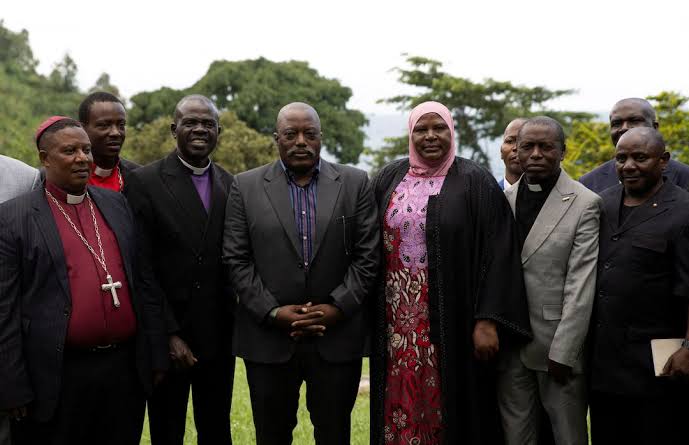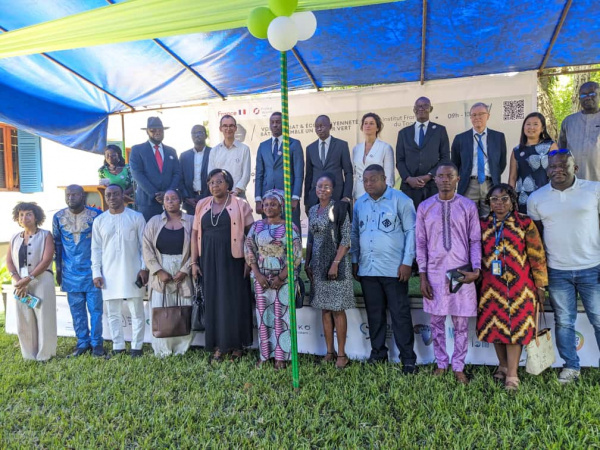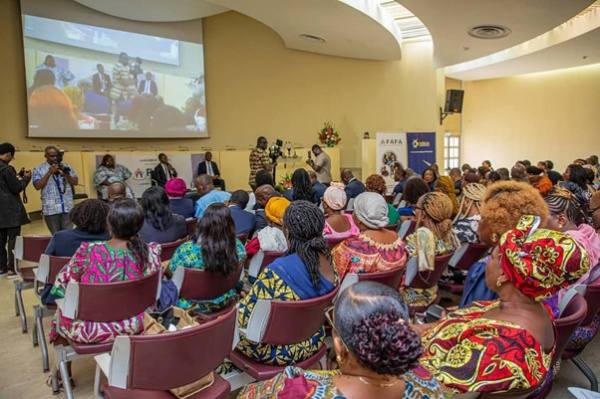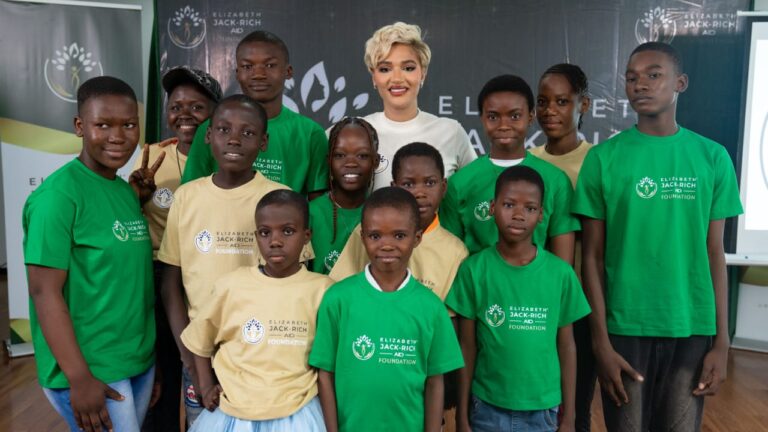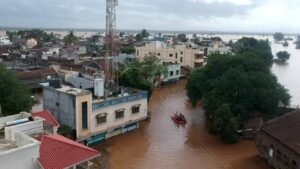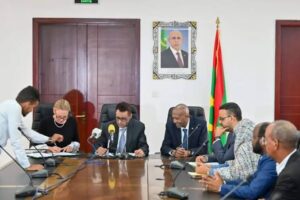Former Congolese President Joseph Kabila made his first public appearance in rebel-held territory in eastern Congo on Thursday, meeting with religious leaders in what participants described as an effort to promote peace.
Kabila, who has been residing outside the country since 2023, primarily in South Africa, is wanted in Congo on allegations of crimes against humanity for allegedly supporting the insurgency in the east, including involvement in the massacre of civilians. The Congolese government has also moved to suspend his political party and seize the assets of its leaders.
Kabila’s representatives deny any connection to the Rwanda-backed M23 rebels, who have seized more territory than ever since January. Kabila had been promising to return to Congo for weeks to help find a solution to the ongoing conflict.
His return could complicate Washington’s plans for a peace agreement between Congo and Rwanda. Massad Boulos, Trump’s senior adviser for Africa, told Reuters earlier this month that the deal could be signed this summer, accompanied by minerals agreements aimed at attracting billions of dollars of Western investment to the region.
Congolese President Felix Tshisekedi’s government in Kinshasa this week accused Kabila of “positioning himself as the rebel leader” alongside Rwandan President Paul Kagame.
Kabila met with religious leaders on Thursday at his residence in Kinyogote, west of the city of Goma, according to reporters who were barred from filming the discussions.
Dressed in a grey jacket and a blue shirt, the 53-year-old did not speak to the press.
“The former president… called us to express his wish to see peace return to the eastern part of the country and throughout the country,” said Joel Amurani, president of the Interfaith Synergy for Peace and Mediation, a religious group that attended the meeting.
A close aide of Kabila’s said the consultation sessions were aimed at understanding security challenges in the region and that political, administrative, military, and civil society figures were invited to further discussions on Friday.
It remains unclear how long Kabila intends to stay in M23-held territory.
The United Nations and Western governments have accused Rwanda of providing arms and troops to M23. Rwanda denies backing M23 and claims its military has acted in self-defense against Congo’s army and a militia founded by perpetrators of the 1994 genocide.

